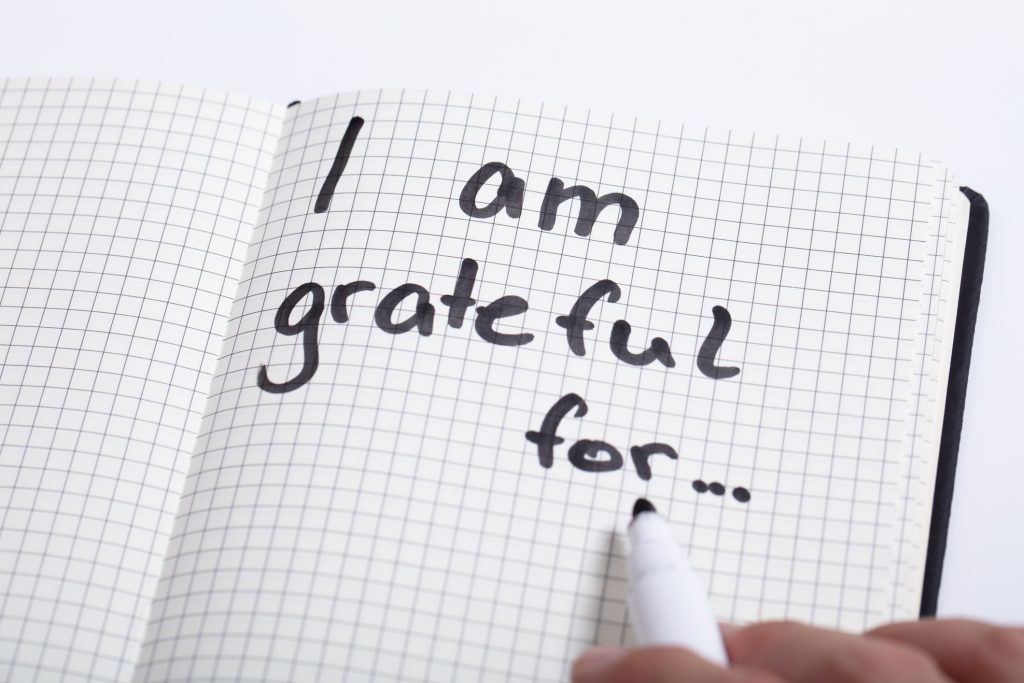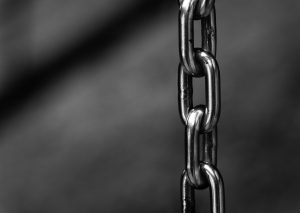Having solid mental health doesn’t mean that you never go through bad times or experience emotional problems. We all go through disappointment, loss and change, and while these are normal parts of life, they can still cause sadness, anxiety and stress. But just as physically healthy people are better able to bounce back from illness or injury, people with robust mental health are better able to bounce back from adversity, trauma and stress. This ability is called resilience.
Self-criticism is not your friend & you can reach your goals without bullying yourself along the road
So how do we become resilient?
Connect with others. We don’t thrive in isolation, so make a date and meet up with a friend. If friends are not to hand then say hi to an acquaintance (or your usual barista!) Lots of people feel awkward about making friends so be the one to break the ice. If you’re in a new area then become a serial joiner and find those who share your interests. If experience has made you awkward or mistrustful of others, then take it one step at a time and ease yourself in.
Check your inner dialogue. Self-criticism is not your friend and you can reach your goals without bullying yourself along the road. Use encouragement, reward yourself for effort made and take learning from difficult experiences. Try again and do better next time.
Recognise that your potential is unknown, not fixed. See experiences as learning, not failures, and that qualities can be cultivated through effort and deliberate practice. Develop a passion for stretching yourself and stick to it, even when it’s not going well.
Weekly gratitude practice. Research shows that keeping a weekly gratitude journal has significant effects on increasing optimism and decreasing reported physical symptoms.
But don’t overdo it, studies found that those who practiced gratitude three times per week saw less benefit than those doing it once a week, suggesting that there may be a habituation effect and loss of gains if you do it more than once per week. Consider putting a reminder in your calendar weekly at a time that’s realistic and convenient.
Exercise. Research has shown that regular, physical activity can treat mild-moderate depression as well as anti-depressants, without the potential for side effects. Many of my clients report that exercise helps to manage both anxiety symptoms and physical tension caused through a stressful day. Start small, it’s the smart way to do it, and if you choose a fun exercise with others, you tick your socialisation box too!

Aim for balance in work, rest and play. Don’t make your career priority number one, two and three.
Make someone else’s day. Research suggests that doing something helpful for another human being can improve our own mental health. This could be a formal volunteer/mentor role or if time doesn’t allow, even helping out a neighbour counts. Try a random act of kindness and see how you feel!
Accept what you can’t control. Learn to let it go and be cognitively flexible.
Above all, be compassionate to yourself. Most of us are just doing our best.


